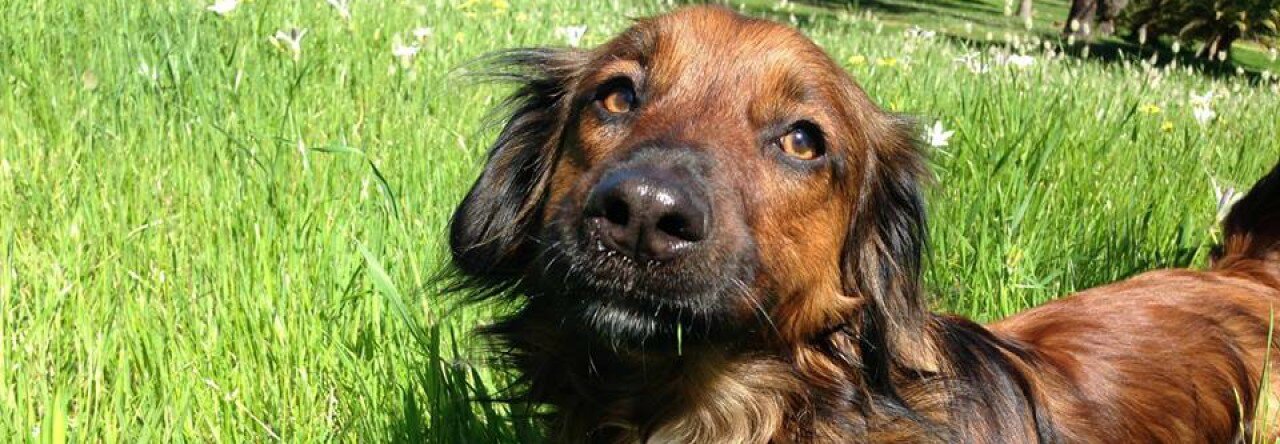It has been a hard and ugly time out there. Racists like Matthew Theunissen and his defenders make it challenging for lesser known racists and polite bigots to get away with their usual anxious whine, asking someone (read black someone) to tell them what it is they need to do to fix things and to make up for their lives of white privilege. I have watched and listened on social media, our single ‘independent’ option of talk radio in the Cape, Cape Talk, and in comments and on blogs, how white people have started tying themselves in over complicated knots trying to work this stuff out. It is hard. It is hard and sometimes even paralysing. Nobody knows what to do or say, or write, without sounding like something they aren’t, or don’t mean. And it is tiring, thinking about this stuff all the time, and trying to work it out, and trying to find one’s place on the spectrum of racism, because it is virtually impossible to be a white South African and not have a smallanyana white racist skeleton in our cupboards. These skeletons can be anything, like me not opening my mouth when witnessing an undercurrent of ignorant race shaming while facilitating a workshop, because it was ‘not my place’ to, to walking past when a white employer spoke to his employee in public as if he were a retard. Yes, these moments count.
I am on a steep learning curve about my own racism. I have to check in daily with what I grew up believing, how it manifests in my impulse behaviour, and the conscious effort I must make to be different. This makes me a racist. I was once hurt when I proudly announced that learning to speak isiXhosa had changed my place in my world (even though that is true) and someone pointed out that my pride was an arrogant, ill gotten pride; one that could be equated to the charity-giver mentality of many subtle racists out there. Think of the Lindt cake giver. It was true. It was a bitter pill to swallow, but one I needed to swallow in order to become more self aware. It is fair to say that isiXhosa speakers are utterly delighted when I make an effort to communicate in isiXhosa and are overwhelmingly helpful and generous with me and my efforts, but does this not reinforce the status quo that I am a rare and wonderful thing; a white person trying to learn another of the official languages?
And here’s the thing. There is so much that is heartbreaking and hellish and agonising about the process of learning how to un-racist your life and your deep inner self. But, it is never ever as heartbreaking and hellish and agonising as being on the receiving end of racism, daily, in big and small ways, in ways that cannot be explained or articulated. This is why it is such a grave offence to ask what black people want you to do.
White people (and please hear me when I say that that includes me) are loud at making their opinions heard. This, I am certain, is a left over from being the voice of authority. Even ‘woke’ whites are very comfortable with expressing themselves, in blogs (yes, the irony is totally noted here) and in phone-ins with talk show hosts, and letters to the editor, and in the comments section, and on those absolutely dangerous Facebook status updates. I have been in rooms, running workshops, where a white person has comfortably uttered the words, “Apartheid is over, get over it.”, to black people who remain brain numbingly silent. Honestly, how do they even begin? So, when there are blanket statements made about whites I sometimes do gasp, before going back to breathing, because of course there are those opinions, constantly reinforced by whites. And if there is only one thing I have learned it is to separate out what I need to take personally and what I am comfortable with saying, no, that isn’t me.
I know too, that writing this piece is its own special brand of navel gazing. I have been unable to write anything for a while now because this stuff has made me writing stuck. This is not writer’s block, when there are no ideas, but writer’s paralysis, where my many ideas seem irrelevant and trivial. it also means that I am deeply critical of others and their opinions, which in turn makes it difficult to express myself unselfconsciously.
A light in my tunnel at the moment is ‘s . It is a collection of essays, deeply personal, ideological, philosophical and intelligent, all about journeying to the heart of racism. He is very clever. He is able to put all of this hard stuff into gorgeous writing. He is able to make a rational argument for the racist in every white person, without us feeling personally attacked. This is huge. I am only half way through, but the biggest re-affirmation I am getting is that we white people need to stop making a noise and start listening. Proper listening. Not waiting for our turn to speak. We have had that, in spades. “The first test of one’s commitment to be in dialogue with someone else is an ability and willingness to hear them, truly, as opposed to simply waiting to speak and tell them they are wrong.” This is the first huge step in resisting the desire to tell people what to do, feel and say. Hard, especially for super opinionated me.
I am grateful to Eusebius, who doesn’t let me off the hook, and probes the deep recesses of my consciousness, helping me explore my self. I have moved and shifted, from being a loud libtard (what a word) to a more introspective, on the spectrum but aware, recovering (I hope) racist. The biggest shift and the hardest work is going to be in the listening, and listening, and listening.
